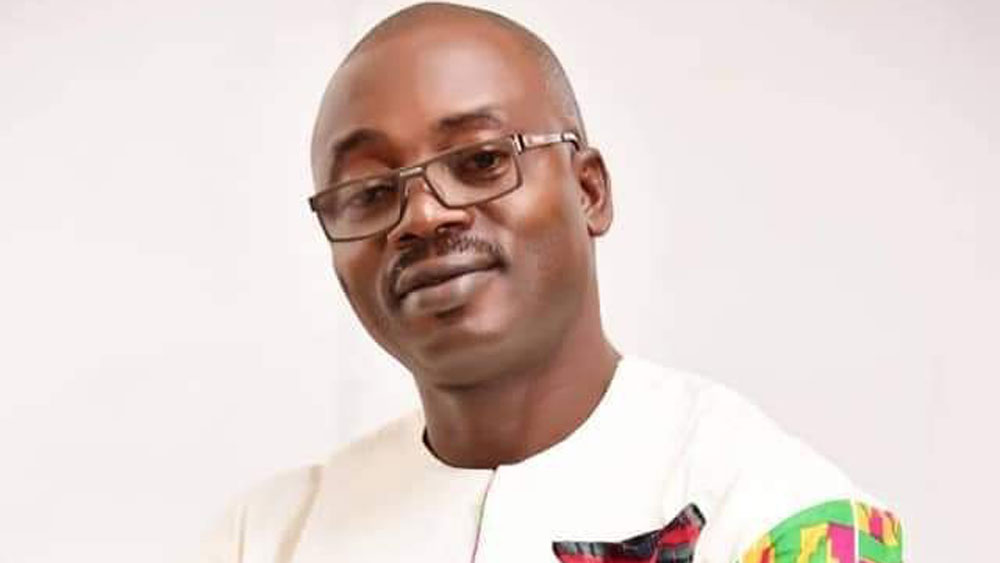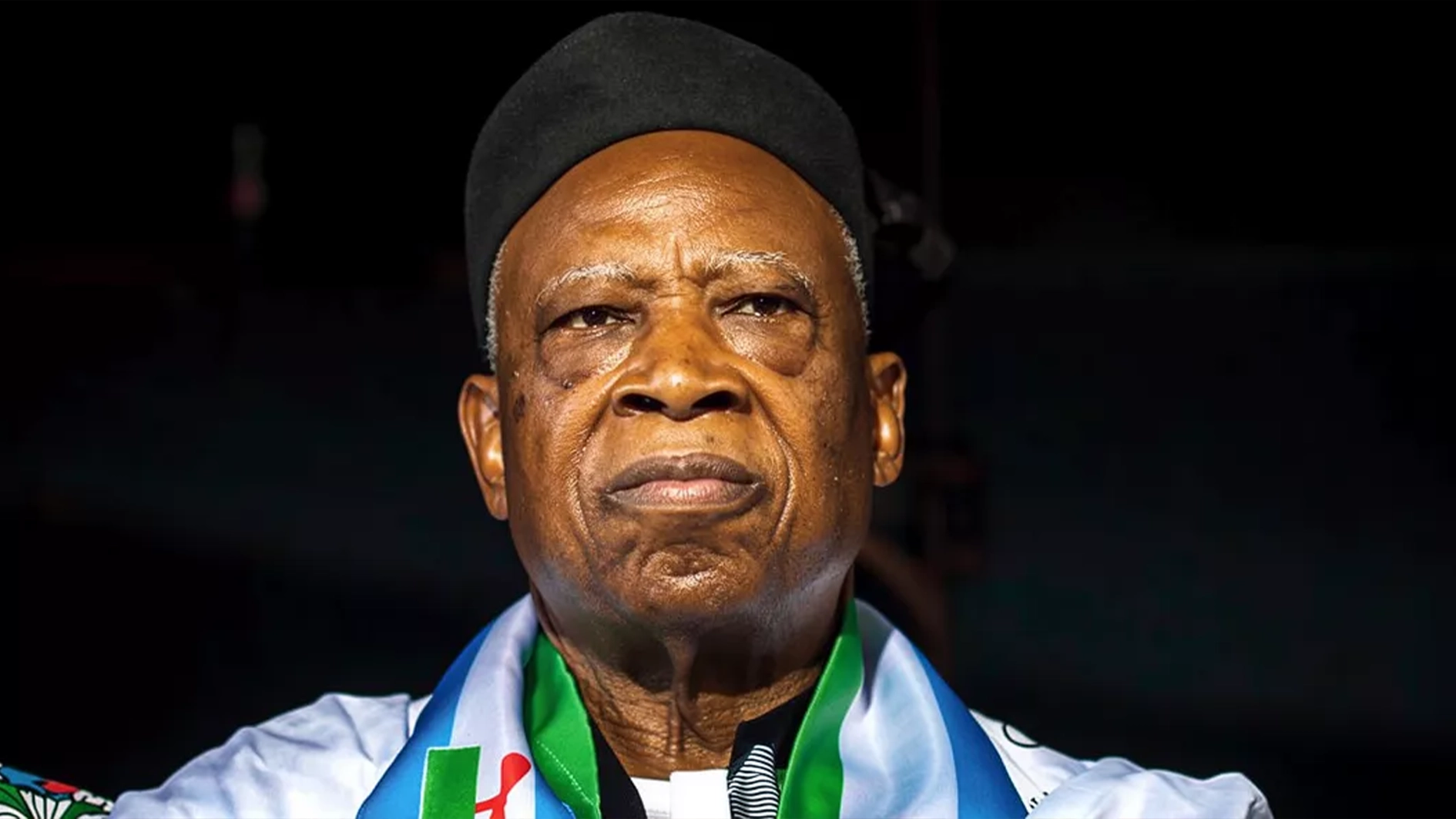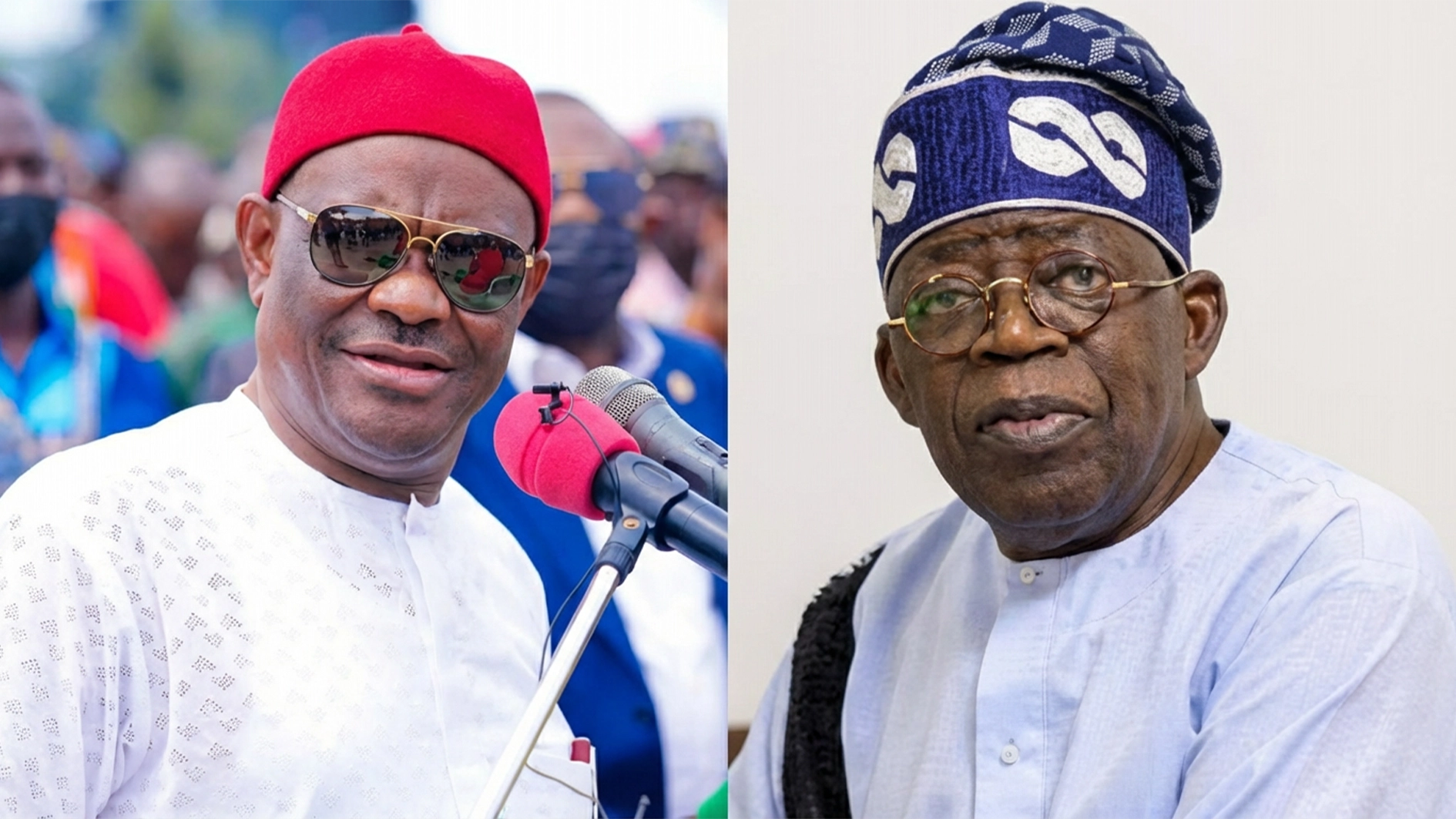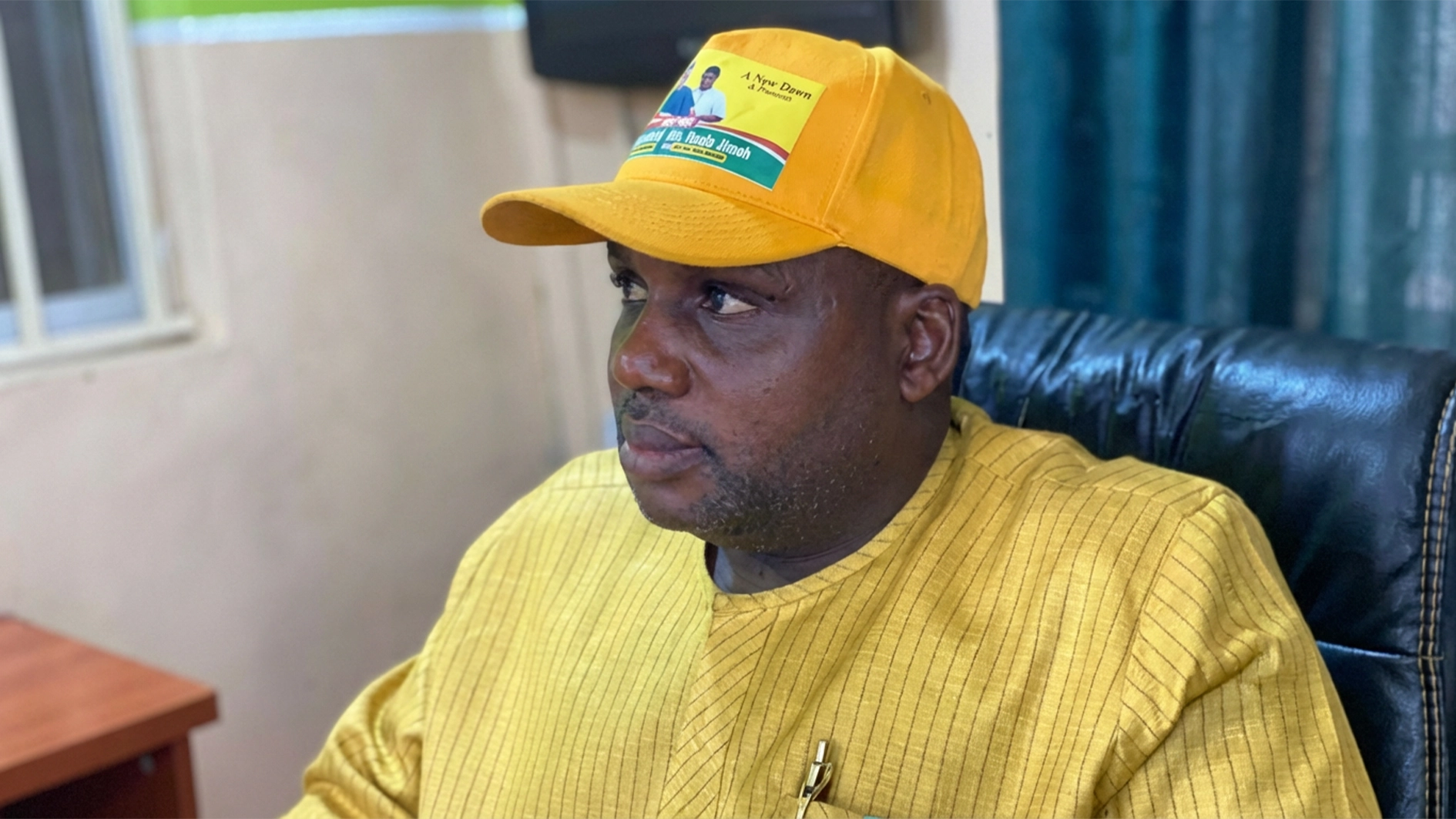
As 2023 general elections draw near, the issue of zoning or return of the governorship to the South senatorial district remains on the front-burner in Cross River State politics and it is likely to determine the next governor.
Other factors that might impact the elections are the quality and pedigree of candidates. From the official list of candidates published by the Independent National Electoral Commission (INEC) recently, eleven political parties fielded candidates for the governorship election.
The candidates are Senator Bassey Edet Otu of the All Progressives Congress (APC); Senator Sandy Onor, Peoples Democratic Party (PDP); Effiom Papa Okokon, Social Democratic Party (SDP); Ekeng Effiom Effiom, Action Alliance (AA); Effiong Efa Nyong, African Democratic Congress (ADC) and Ibiang Marikana Stanley of Action Democratic Party (ADP).
Other are Effiom Edet of Action Peoples Party (APP); Obi Ogar, Labour Party (LP); Solomon Patrick Henry, National Rescue Movement (NRM); Usani Uguru Usani, People’s Redemption Party (PRP); and Coco-Bassey Joseph of the Young Progressives Party (YPP).
Apart from candidates of APC, PDP and PRP, the rest are greenhorns. APC’s Otu is a former member House of Representatives and now senator; Onor of PDP, a Professor of History, former Etung Local Government chairman and former chairman of Local Government Service Commission; while the PRP’s Usani, a former minister of Niger Delta Affairs, has contested the governorship race before and lost.
Most of the electorate may vote for candidates based on their pedigree and where they come from; and it is likely that the contest will be reminiscent of what happened in 1999 and 2003, when no party had total control of the state. Both PDP and the defunct All Peoples Party (APP) operated on almost equal strength. The same scenario is likely play out next year, as APC and PDP now operate shoulder-to-shoulder.
This is made possible because Governor Ben Ayade, along with with a large number of his supporters and appointees decamped from the PDP to APC in 2020. The power of incumbency is expected to work in favour of Otu, popularly known as Sweet Prince, even though some electorate believe that economic hardship under the APC-led does not recommend the party for a reward.
But Otu, who is acknowledged for his generosity and performance as a senator, is widely loved by the people. Besides, he is seen as a man with distinct personality cut out to move the state forward.
PDP, on the other hand, is buoyed by the moral support from the Rivers State Governor Nyesom Wike. In addition, its candidate, Onor, popularly known as Caterpillar, is a great orator and is expected to deploy that maximally to his favour.
An APC stalwart in the state, Mr. Charles Eko, said next year’s race will be a battle of wits, adding that if the PDP wins, it will mean that the South’s governorship ambition has been defeated and will be easy for the Central and North to gang up against it in future, a development that will not augur well for peaceful coexistence, which zoning has brought about, either by an arrangement or nature.
For this, many think the electorate should ignore selfish interests of some desperate politicians and support the return of power to the South in the spirit of equity, fairness and peaceful coexistence.
It is largely believed that it was probably by divine intervention that the state agreed on zoning, considering that the three senatorial zones of the state have taken turns in the governorship, starting with the South in 1999 to 2007 (Donald Duke), Central from 2007 to 2015 (Liyel Imoke) and North from 2015 to date (Ayade).
Having gone round peacefully in that order, it was expected that naturally, the chain would continue, starting from the South again, so that no particular zone would have to wait more than necessary to get its turn.
But the PDP in the state, led by Mr. Venatius Ikem, does not believe in this order of zoning or power rotation among the three districts. He stated: “I still support zoning, but by elimination, because it is what we have practised before. I don’t know why people are making a big deal out of it; maybe it is the usage of the word ‘elimination’. But right now, the three senatorial districts are at par once again, having exhausted the eight years.
“So, the process we adopted in the first round was very clear, where we contested and one person wins from a zone, that zone is taken as having produced their own. That is elimination, meaning you are not going to participate in the next round of the contest, where the same thing will apply and then the last person standing takes it without contention.
“There are three senatorial districts, so it is not far-fetched to appreciate how it works out.” Ikem argued that his position of zoning by elimination “is a step towards eventual elimination of zoning completely. If we go on with this through the next round, you will realise that by the third round, the idea of zoning would have been completely eliminated. For us, democracy is growing and evolving steadily, despite what anyone might say.”
Onor, even as an aspirant, was completely against zoning, and in a press conference on January 3, this year at the Ernest Etim Bassey Press Centre, Calabar, he stated: “Zoning has never, and I repeat, zoning has never been practised in our state since the advent of the current democratic experience in 1999.
“We cannot afford to sacrifice competence on the altar of zoning, as we prepare to choose a candidate for the governorship or any other elections.”
He added that “those who are promoting and spreading the message of zoning are either cowards who do not have what it takes to contest the party’s ticket under a free and fair process or are ethnic jingoists who are only interested in misleading our people in pursuit of their very personal and selfish interests, saying: “nobody or group of persons should divide our state and its people in the name of zoning, as we are a people who share commonalities with deep historical roots and it would be thoroughly unfair for anybody to fan the embers of geo-ethnicity, just to satisfy their selfish ambition.”
Many Cross Riverians felt he might be referring to those who had earlier expressed support for zoning, such as the Obong of Calabar, Edem Ekpo Okon Abasi-Otu V; Ayade, former senate leader, Victor Ndoma-Egba; elders of Cross River South senatorial district, led by Senator Bassey Ewa Henshaw, and many others as “cowards and ethnic jingoists,” even though he did not mention any names in his address.
However, a politician in the state described Onor’s statement as “a mere adult delinquent, full of pride and arrogance typical of one who has no respect for others and a clear sign of how he will rule the state if given the opportunity, God forbid.”
Leaders and people of the Central senatorial district have reiterated their support for the governorship returning to the South. Ndoma-Egba, now an APC chieftain, conveyed this position recently when members of his party and non-partisan supporters, met with Otu and his team during their consultation visit to Biase and Akamkpa Local Government Areas.
Explaining their stance, Ndoma-Egba reminded the audience that the governorship will have gone round the three districts by next year and it is logical that it returns to the South, adding that “if it is not broken, don’t fix it,” maxim should necessarily apply to the rotation of the governorship in the state.
As for the people of Central, he described them as adherents to the tenets of justice, equity and fairness, thus: “It is only just, equitable and fair that the Central will massively support Otu to emerge as the next governor, doing so will foster the spirit of peaceful coexistence that has defined the politics of Cross River State since 1999.”
Ahead of the elections, the Obong of Calabar and the Grand Patriarch of the Efik reaffirmed his commitment to back South agenda when Otu visited him at his palace recently, saying: “Today, I am very happy, because all of us are singing and saying the same thing, which is ‘back to South,’ and I am happy that we made the right choice in the person of Otu, who is my beloved son.”
Similarly, seven local government areas of the state, under the auspices of Greater Calabar Forum (GCF), have adopted the APC candidate based on “Back To South Agenda.”
Leader of the Forum, Etubom Archebong Ironbar, said the agenda was very much alive, as they plan to synergise with their brothers in the Central and North districts to ensure that power shift or zoning in the state moves smoothly.
“We have a vision to bring the governorship to the South, so we fell back to the APC candidate. We did our best to make sure all parties had a southern candidate, so we are throwing our weight behind him and we will stand by him to the end,” he explained.
Ironbar recalled that the governorship has gone round all the districts, saying it is just natural that it should start from South again and move round without making any of the zones to have undue advantage over the others by causing one zone to wait for more than the mandatory eight years.
The group condemned attempts by some persons in the Central to truncate the peaceful power rotation in the state and asked Cross Riverians to reject such an agenda, saying as a non-partisan organisation, the Forum had consulted all parties, including PDP and APC, alongside other stakeholders about the need to ensure the next governor comes from the South district.
“We are only trying to foster the mind of the people, which is very dear to our hearts, and we want to stand by it through thick and thin. This is our turn and we cannot shy away from it. The parties can do their things, but we don’t want to stand and watch this disorder.
“Many think it is a dead issue because PDP took a candidate from the Central, but the APC has also chosen a candidate and we would stand by him.”
A former APC governorship aspirant, Prof. Eyo Etim Nyong, said though there is no formal agreement on zoning but “it has now come to a situation where all the senatorial districts have experienced a position in governance and so we must stand by it.
“The people have determined this scenario for us by their voting power during the primaries and we must sustain it. Greater Calabar Forum is non-partisan; we only stand by the good opinion of the people to sustain the development of the people and whatever brings growth to them.”
He stressed: “We should not bother about where you come from, but talking about the zone, it is the turn of the South. Look at the number of votes Daniel Asuquo had in PDP, did all those votes emanate from only Akamkpa, where he comes from? Then you can see there is that belief in unity, but if PDP did not present that number of aspirants, the ticket would have gone to the South.
“So, we have every reason to sensitise our people to stand by the South for the future. Subsequent elections, everybody will know it is time for the Central and nobody will harass them and they would now look around and bring out the best material to govern the state.
“But if we do not do that, we would continue this in-house fighting and people will be looking for money from foreign sources to create the impression of building capacity. We do not need that; we need our own to govern us, we do not need an external influence.
“We have to imbibe this kind of diplomacy and democratic status in our mentality, so that in future, we practise equity, fairness and justice and there would be fair play across the state.”
Even within the APC, Senator John Owan-Enoh from Central senatorial is in court challenging Otu’s emergence as the party’s candidate.
Director General of his campaign organisation, Mr. Hubert Ogar, said: “Three years since after his (Owan-Enoh) 2019 run, he has remained competitive and incidentally hails from a senatorial district where the future victory of the APC largely depends.”
Etubom Bassey Ndem, who is leading a group of immediate past APC governorship aspirants in the state, agreed that the governorship should return to the South next year, in line with the current situation on ground and for the sake of equity and fairness.
However, while the South is insisting on power shift, two (Akamkpa and Biase) out of the seven councils that make up South senatorial, popularly known as ‘Seven-Alive,’ are also calling for micro-zoning, saying if the governorship comes South, the Efik, who constitute the remaining five councils (Calabar South, Bakassi, Akpabuyo, Calabar Municipal and Odukpani) should also be prepared in the spirit of equity and fairness to let Akamkpa and Biase take the shot in next year’s election, having not occupied the position before.
But both APC and PDP did not look their way in picking their governorship and senatorial candidates, a situation that angered Chief Ogban Ebock, who recently dumped from APC and returned to the PDP.
Ebock, popularly known as ‘the bridge,’ insisted that APC should have zoned its senatorial ticket to either Akamkpa or Biase, having lost out in the governorship, in which he was an aspirant.






